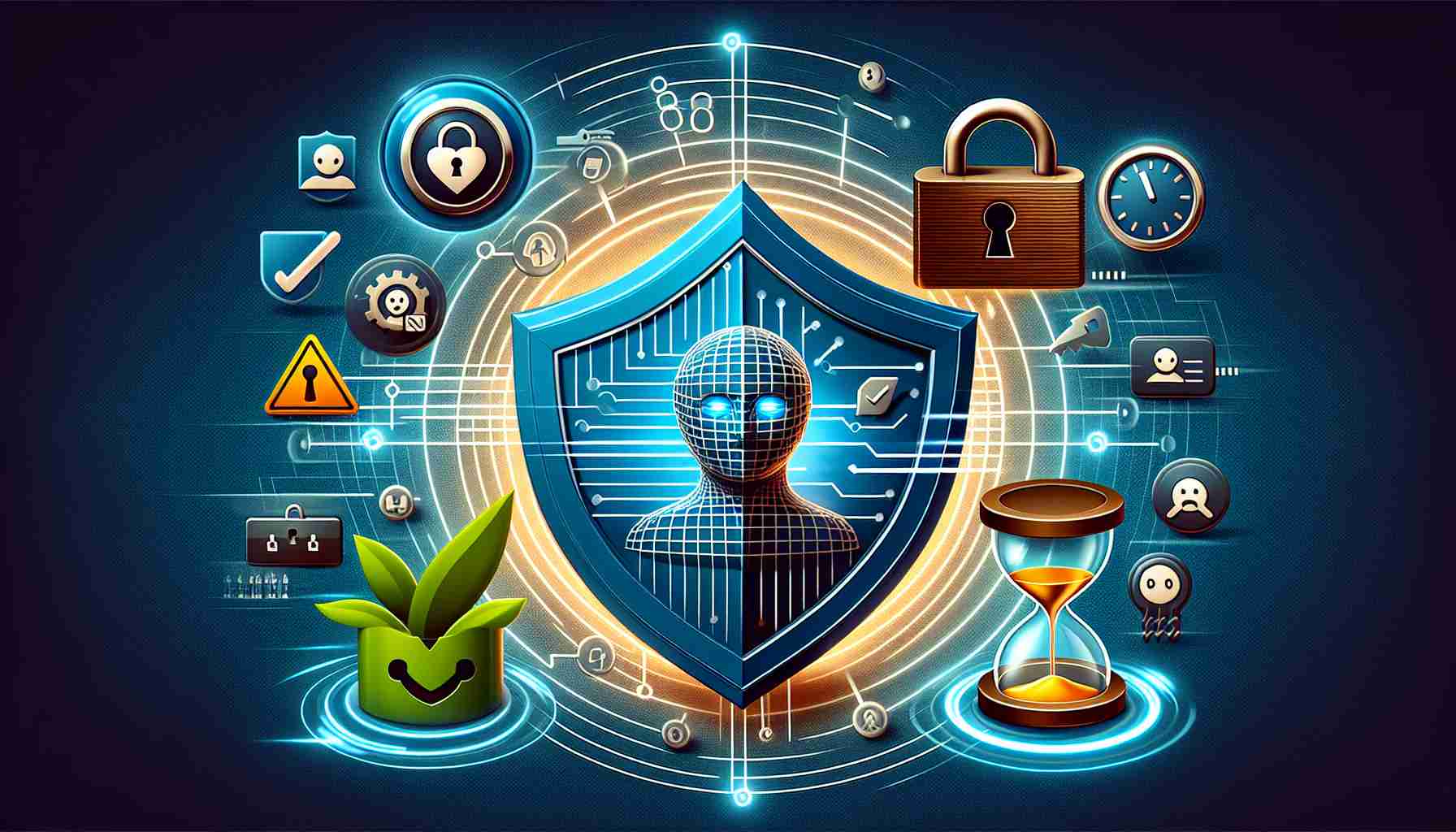Remembering multiple usernames and passwords can be a hassle, especially with the multitude of online accounts we have these days. In an attempt to alleviate this inconvenience, many websites offer the option to save your user ID and password. While this feature can be a time-saver, it also raises concerns about security and privacy.
By saving your user ID and password, you can easily access your favorite websites without the need to enter your credentials each time. This can be particularly convenient for frequently visited sites, such as online banking or social media platforms. With a simple click, you’re instantly logged in, ready to explore and interact.
However, it’s important to remember that convenience comes at a cost. Saving your user ID and password on a computer leaves you exposed to potential risks. If someone gains unauthorized access to your computer, they will also have access to all your saved passwords, compromising the security of your accounts. Furthermore, if you’re using a public or shared computer, it’s highly recommended to refrain from saving your login information altogether, as it could be accessed by other users.
To strike a balance between convenience and security, it’s advisable to evaluate the importance and sensitivity of the accounts you wish to save. Financial or highly personal accounts should never be saved, as the risk outweighs the benefits. Instead, consider using a password manager, which provides a secure vault to store all your passwords in an encrypted format. This way, you only need to remember a single master password to gain access to all your accounts.
In conclusion, saving your user ID and password can undoubtedly simplify your online experience. However, it’s crucial to assess the potential risks and make informed decisions accordingly. Prioritize security by avoiding the saving of critical account information on public or shared devices. By adopting good password hygiene and utilizing secure password management tools, you can enhance both convenience and peace of mind in your online interactions.
FAQ:
Q: What is the purpose of saving user IDs and passwords on websites?
A: Saving user IDs and passwords on websites allows users to easily access their favorite websites without having to enter their credentials each time.
Q: Why is it important to consider the security risks?
A: By saving user IDs and passwords on a computer, there is a risk that unauthorized access to the computer could compromise the security of all saved passwords and accounts.
Q: Should I save my login information on public or shared computers?
A: It is highly recommended not to save login information on public or shared computers, as it could be accessed by other users.
Q: What is a password manager?
A: A password manager is a tool that provides a secure vault to store all your passwords in an encrypted format. It allows you to only remember a single master password to gain access to all your accounts.
Q: Can I save passwords for all my accounts?
A: It is advisable to evaluate the importance and sensitivity of the accounts you wish to save. Financial or highly personal accounts should never be saved, as the risk outweighs the benefits.
Definitions:
– User ID: An identification used to authenticate a user on a website or online service.
– Password: A secret combination of characters used to gain access to a user’s account.
– Privacy: The right to keep personal information and data confidential.
– Security: The state of being protected against threats or unauthorized access.
Suggested related links:
– LastPass
– Dashlane
– 1Password
The source of the article is from the blog macholevante.com
